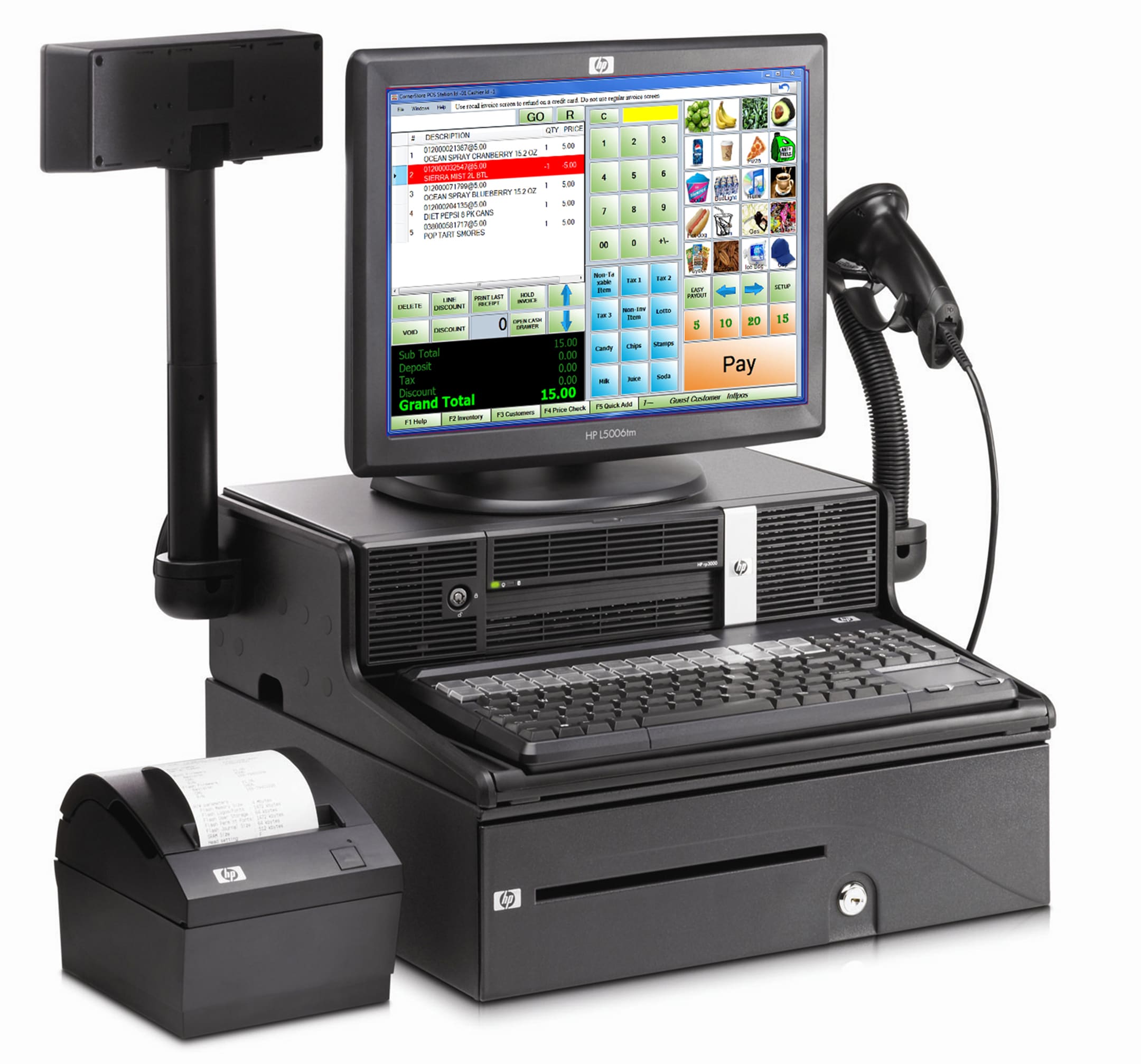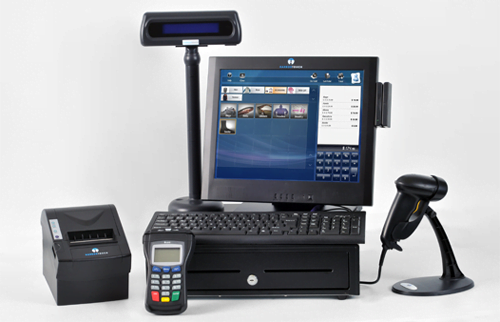How To Choose The Right Point Of Sale System?
by Mashum Mollah Technology Published on: 13 May 2017 Last Updated on: 08 November 2024

Unlike the old cash registers, a point of sale software streamlines the processes of business, tracks inventory, and controls business cash flow. They also provide vital data for you to use to enhance your return on investment and improve customer experience. A quality POS system is key to the success of the modern business. Most of these systems are portable, easy to use, very useful, and extremely fast. However, due to the availability of various systems in the market, choosing the right systems for your business can be a challenging process. Below are tips that will help you when choosing the right POS software for your retail business.
Understanding business needs:
Most systems have the ability to track and keep records of the ongoing activities of the business in terms of inventory and sales of your store. However, modern systems can offer more than you can imagine to your business and operations. It is crucial to understand what your shop requires, be its integration with the accounting software and employee or inventory management needs.
Flexibility:
A point of sale system needs to be flexible and advanced enough to support leading software applications. However, as earlier stated, you need first to consider the specific requirements your business needs and invest in the right system that meets those needs. Before settling on a system that supports the latest payment methods and software integrations, you need to consider the management of customer relationships, security, and rewards systems. The truth is that every business is unique, but your business has to take several functionalities and aspects into consideration.
Note the required hardware:
At this step, you will have to work out on what will make your system to work. Some systems will force you to purchase hardware while others will comfortably work on the existent equipment. Others might require an iPad or smartphone, and it is upon you to choose the right one for you. It is important to itemize the equipment that you require in the store. Be keen to include the total number of units needed for every hardware piece. If you have already had the necessary hardware in place, you need to take note of every brand and come up with a future reference when counterchecking various point of sale systems that are compatible.
Compare and audit point of sale systems:
You need to carry out in-depth research of the available point of sale systems in the market. At this section, you will have to get feedback from the industry and learn from the experiences of similar retailers. Talk to the retailers that are in your industry about their POS software and ask them for their experience. You can conduct an online search to check out the sites of various vendors.
LinkedIn is also a great site for starting a conversation with relevant merchants and groups about the systems that they can recommend to you and the reasons for those systems. You can also call the vendors to find out about their services and products plus the general information about the company. You need to know about their location, ask about their hours of support, and their general business information.
Quality of performance:

When it comes to choosing a point of sale software, quality is the essential factor you need to put into consideration. A high-quality POS system has the design of continuous for small, medium, and large business applications. Some software packages are less expensive but may not possess robust capabilities that will help your business. If there a difficulty of engaging with your system, it may bring up a problem that might lead to losing sales, and that is a red flag. Not even having the extra money in your pocket is worth losing out on sales.
Test the functionality of the point of sale system:
Since you know what the system has on paper, you need to see them in action now. The right way of doing this is by asking for references locally from the vendor of your choice. Make an effort of reaching out to the business to see how the system works. If you cannot reach out to those businesses, ask for a trial version. Many vendors will be willing to give you a free trial package so that you can see how it functions first hand. You need to keep an eye for functionality, user-friendliness, and speed for your POS solution. You also need to have a transition procedure for your new POS software. You also need to know how the process of transferring data from your clients, workers, and customers work.
Research on pricing:
Depending on the size and capabilities of your local firm, the cost you will incur for your POS will differ. You need to go for a vendor that offers competitive and clear pricing, including customizing the right rates for your business. You need to be wary of vendors that mask subscription costs by making you use a particular credit card processor. A quality point of sale system provider will give you an option of choosing your process, but you can opt to use theirs. You need to read their brochure and keep your focus on vendors that have original prices.
Get the input of employees:
The worst mistake you can do with your POS software is implementing it without using the input of your employees. Nothing is as bad as forcing customers to wait while the employees are in the wrong. You need to let the employees familiarise with your system before using it with clients. Even though you select an easy to use the software, you will encounter a problem with staff that is not involved.
Conclusion:
Purchasing a point of sale software is an investment that can impact your business significantly in terms of efficiency and success. However, there are several retail POS systems in the market, making the process confusing. Do not waste your time and money on systems that will not help your business. It is crucial to start viewing your vendor as being more than a service provider and make an effort of establishing a working relationship that will help in expanding your expertise and business.
Read Also:
- The Dynamic World of Business, POS, and Printers
- Why you need to invest in burner management systems
- The full picture to Why You Should Invest in a Restaurant POS System
- How ERP Systems Can Manage Sophisticated Building & Construction Products
Featured Image: businessbee.com



































































































